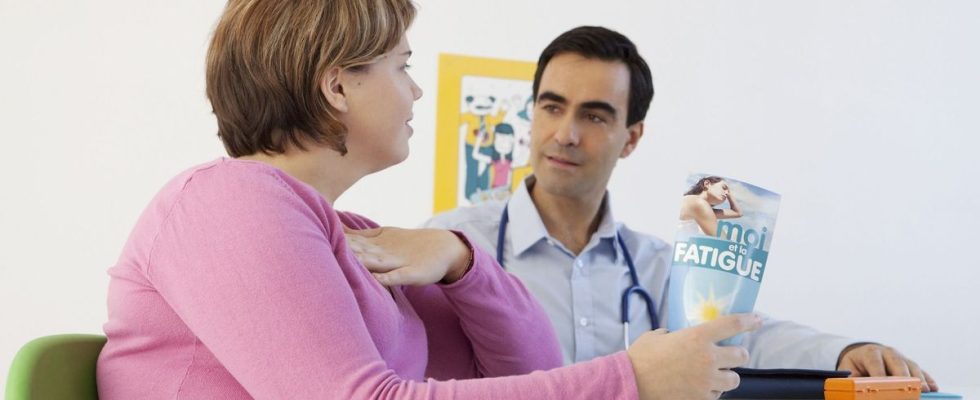Published on
Updated
Reading 2 min.
As World Obesity Day approaches, the High Authority for Health issues recommendations on the care pathway for adult patients and children. Place of surgery, role of the attending physician, prevention… Discover what’s new.
The High Authority for Health (HAS) has just issued new recommendations on this pathology.chronic, complex and multifactorial“. She considers in particular that obesity surgery should be considered “as a last resort” and lead to lifelong follow-up.
Surgery must remain “exceptional” in children
For the health authority, bariatric surgery must remain “exceptional” in children. In addition to this, it also requires “preparation of at least six months, specific regular monitoring after the intervention and lifelong monitoring of the state of health while maintaining changes in lifestyle habits”.
At the same time, the HAS calls for more coordination between the different health professionals “on the front line”: general practitioner, dietician, nurse, psychologist, etc.This requires in particular the right sequence of care, at the right time and by the right professionals. This is the objective of the care pathways offered by HAS. Today she completes the care pathway for overweight and obesity in adultsincluding new recommendations on pre- and post-bariatric surgery management. The specific course for children and adolescents was updated in 2023, specifying the biological examinations to be carried out” specifies the HAS.
Supporting lifestyle changes
HAS reminds us: supporting changes in lifestyle habits constitutes the first modality of care, whatever the complexity of the situation.
This support (diet, sport, pace of life, etc.) must be co-constructed with the patient and adapted to their situation. Therapeutic education sessions led by health professionals and resource patients can be offered upon diagnosis of overweight or obesity. Psychological or even psychiatric support can also be provided if necessary.
The objectives are multiple: train the patient, (re)give him confidence and facilitate his commitment to the care project. It is also support that must be long-term.
A pathology that must be better prevented
To improve disease prevention, HAS considers it “good” for Health Insurance to cover long initial consultations, which are currently only reimbursed for children. For disadvantaged people, those of dietitians and psychologists should also be, recommends the health authority.
Remember that in France, 4% of children and adolescents aged 6-17 and 17% of adults are obese and that the disease affects disadvantaged people four times more frequently.
Beware of the stigmatization of patients during treatment
The general practitioner, on the front line, knows his patient. He will Screen, Diagnose, Discuss, Decide together. Depending on the case, he can rely on a team of city professionals. In situations of complex or severe obesity, he or she may call on a doctor specializing in obesity, a specialized hospital team or a specialized obesity center (CSO).
If the HAS insists on the care of patients, its president, Lionnel Collet, warns against their stigmatization: “We know that a simple look can sometimes affect the doctor-patient relationship, as can the choice of words and the environment in which it is received. It is essential to adopt a posture of non-judgment and listening towards people who are overweight or obese, I am thinking in particular of adolescents. Patient engagement in their care depends on it“.
